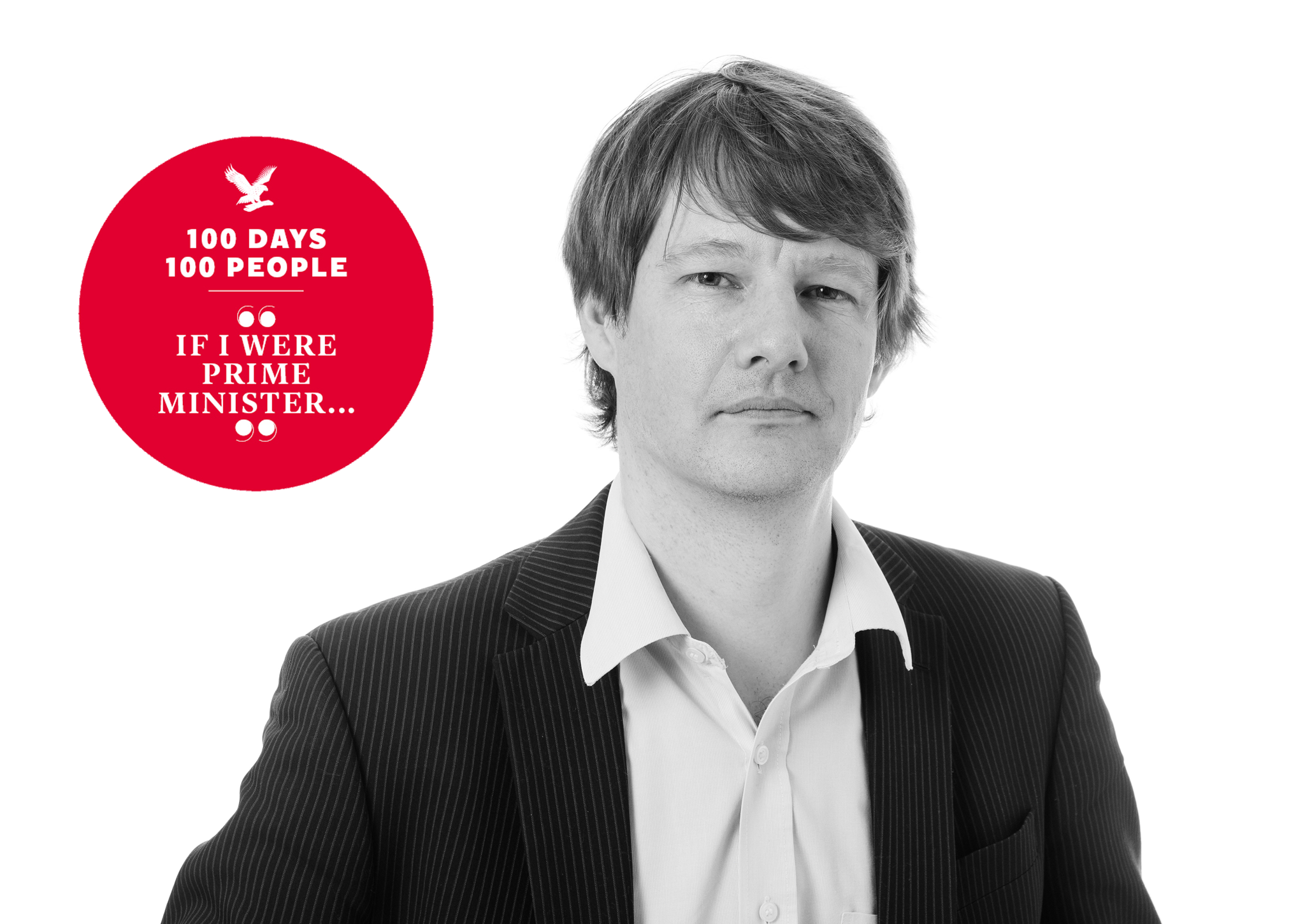If I were Prime Minister: I'd make sure we were more gentle with crisis care in mental health
Our series in the run-up to the General Election – 100 days, 100 contributors, but no politicians – continues with the clinical psychologist

For the first time, mental health has been a major issue in a general election. As someone who works in this long-neglected area, it’s a very welcome change but there’s one area of mental health which gets astonishingly little attention.
If someone becomes very unwell, they can be admitted to an inpatient psychiatric ward. In some cases, where there is a risk to health or safety and the person doesn’t want to go into hospital they can be admitted and treated against their wishes. This is called being "sectioned" or more officially, being detained under the mental health act.
This process can be life-saving but is often deeply unpleasant. Imagine you are paranoid to the point where you believe people are trying to harm you, hearing derogatory voices and wanting to end your life. As a result of this, you are taken to an inpatient ward, sometimes by the police, and told you need to take medication which you don’t think you need. If you refuse, you could be forcibly injected.
Staff who work in mental health don’t like using coercion but a long-term decline in funding has meant wards are often under-resourced, with the over-worked staff forced to prioritise physical safety at the expense of ensuring a place of respite and healing. A lot of coercion could probably be avoided but it takes time and permanent staff to develop trust when both are in short supply. Decision-making is often based on the queues of emergency cases waiting for the dwindling number of beds. This "stabilise and move on" approach reflects what is possible but it is far from what is needed. Although some wards are great, too often they are dispiriting places. The worst are downright frightening.
This is not just an issue of "customer experience". Research consistently shows that the experience of hospitalisation is highly distressing for people with psychosis and this is aside from the distress caused by hallucinations and delusions themselves. Some studies have found that hospitalisation contributes to, or is a cause of, post-traumatic stress disorder or PTSD. Not all have, but the fact that hospitalisation is causing PTSD in anyone should make us gravely concerned about how we support the most psychologically distressed among us.
Being treated in hospital under section is one of the most serious psychiatric interventions but you may be surprised to hear that it is one of the most poorly researched. We have so little evidence about what works and how to help people in a way that is safest for both their physical and their mental health. So if I were prime minister, I would ensure that the transition to inpatient care, for the most seriously unwell, was also a priority for research, funding and improvement.
It’s not fashionable to talk about gentleness in healthcare but it is exactly what is needed for people in crisis. Through neglect and under-funding, we have created a system that makes the time, consistency and environment needed for gentleness almost impossible to achieve – both for the staff who want to provide it and for the people who need it most. We are using our sanctuaries as warehouses and they need reclaiming.

Join our commenting forum
Join thought-provoking conversations, follow other Independent readers and see their replies